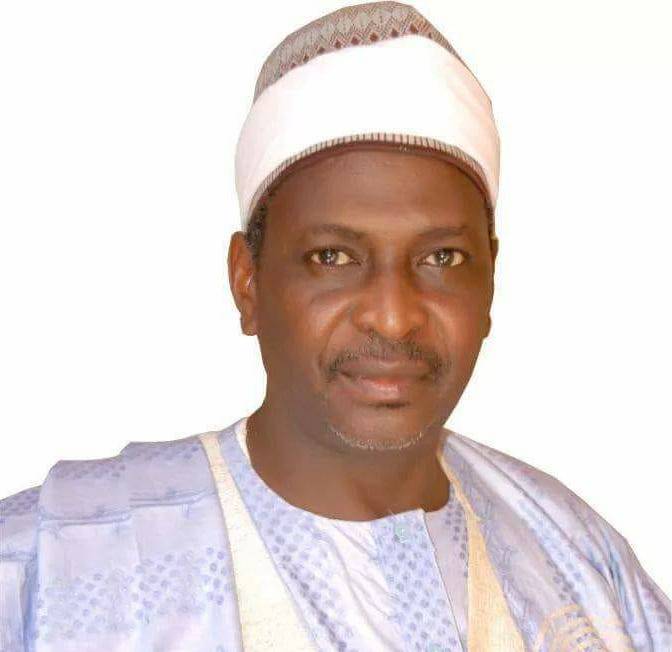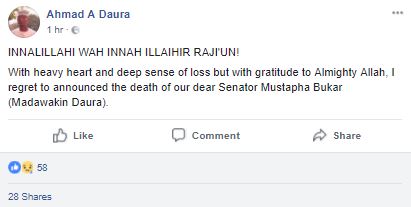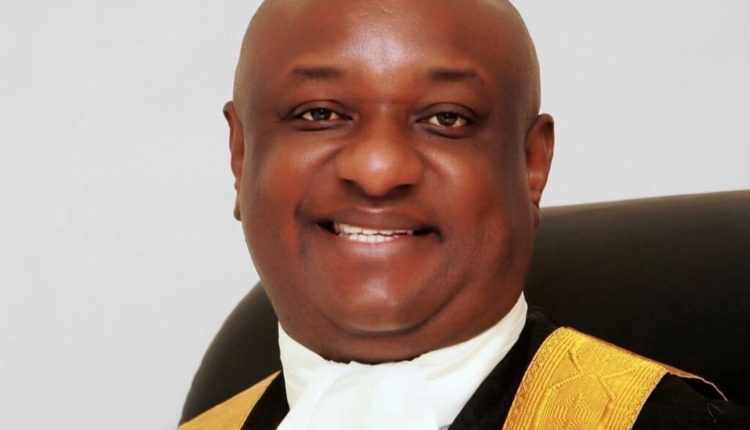The imminence of next year’s general elections has expectedly sparked off series of debates and discussions on which party would come tops, which positions would go to where and which new alliances would emerge at State and Federal levels. All these efforts are geared towards accurately forecasting where the pendulum of victory would finally swing and stay.
At the state level, the central focus of political activities is the gubernatorial apple from which everyone wants to have a bite. Election into this second tier of government, more than the first and third tiers generates such intense political heat and passion that makes voter interest more pronounced in it than in the other two. In elections to the state government house, factors that often come into play are ethnic, religious and sectional considerations.
Before proceeding on to the national discourse, this writer would first like to focus on Oyo State, the “Pace-Setter State” where the current political maneuverings make it imperative for analysis to lay the cards on the table with a view to guiding the people on how to make the right choice of candidate for the forthcoming governorship election in the state. All the three afore-mentioned factors – ethnic, religious and sectional usually come into play here when issues of governorship elections are being decided.
Oyo State, although almost 100 percent homogenous still parades some dialects found in Saki, Ibarapa, Igboho and others in Oke-Ogun, while the indigenes of Ibadan, Ogbomoso and Oyo township speak virtually the same tongue. This probably explains why the people of Oke-Ogun want a state of their own, mainly because they don’t feel at home with the larger rest of the state that speak the same dialect and so prefer to have their own state or at least produce the next governor of Oyo State from that area.
Now Ibadan, the state capital and one with the highest population density has since 1979 the first civilian era after 13 years of military rule produced five governors for the state; Omololu Olunloyo, Kolapo Ishola, Lam Adesina, Rashidi Ladoja and the incumbent Abiola Ajimobi. On the other hand however, only one governor has emerged from all the other parts of the state put together, and that is Otunba Adebayo Alao Akala from Ogbomoso, the second largest city in the state.
As mentioned above, Ibadan with the largest population has produced five governors since the advent of the 2nd Republic while Ogbomoso, the second largest city has produced only one, while Oke-Ogun has produced none. Here lies the hues and cries over the unjustified Ibadan domination of Oyo State politics. This current position of things continues to bog the minds of elders and traditional rulers in the state, even those reasonable ones of Ibadanland.
The big question now is: must the Ibadans be allowed to continue to use their numerical strength to suppress other parts of the state, especially if it is considered that the city and its environs control only eleven out of the thirty three local government areas of the state? This writer is a free-born citizen of Ibadanland who does not share the view of those who believe Ibadan should continue to govern the state, to the exclusion of the other areas.
Ibadan our great and sprawling city is today a thing of pride and joy to many of us, both the indigenous and the non-indigenous alike. Great achievements in infrastructural developments that placed Ibadan above its peers like Kaduna and Enugu were recorded by political leaders who were no indigenous of the ancient city. Obafemi Awolowo and Ladoke Akintola were great politicians and statesmea who brought monumental developments to Yorubaland and Ibadan in particular.
The joint leadership of these two men witnessed great infrastructural strides that were second to none not only in Nigeria but in Africa as a whole. Among these were the first television facility in Africa, the Olympic-sized Liberty Stadium, the imposing first skyscraper in Nigeria the Cocoa House and several other projects that made Ibadan the primus interpares among its other colleagues like Kaduna and Enugu.
After the duo of Awolowo and Akintola came Bola Ige, the Cicero of Esa-Oke, who also did wonders to the landscape of Ibadanland. The big textile market at Gbagi (The Bola Ige International Market), the modern Aleshinloye Market, the Trans Amusement Park, the Agbowo Office and Shopping Complex, the ultra modern high Court buildings at Ring Road and the Adamasingba Shopping Complex and many more are a living testimony to his meritorious service to the city of Ibadan. And this brilliant orator was not of Ibadan origin but a free-born son of Ijesaland.
Later after the lack-lustre rule of four Ibadan indigenes came an ebullient politician from Ogbomosoland who recorded notable infrastructural achievements like the complete rehabilitation of two derelict state hospitals (Yemetu and Ring Road), the Children’s Hospital, Oni and Sons as well as the ancient Mapo Hall, the magnificent monument to the gallant generalissimos of Ibadanland.
Other major achievements are the complete rehabilitation and beautification of some major intra-city roads whose dilapilated condition had always been a major source of concern to the inhabitants of the city. These are the Molete/Queen Cinema Road, Iwo Road Round About to Olodo, New Garage to Apata and many more. Now, which of these former rulers, Awolowo, Akintola, Bola Ige and Alao-Akala hailed from Ibadan? None.
Let the Sons of Ibadan who had been governors in Oyo State before now come out and show us the tangible evidence of their stewardship. It is only the incumbent Gov. Abiola Ajimobi who as “Omo’badan” has also recorded spectacular achievements in infrastructural developments in the state. He too has done very well.
For the purpose of equity, fairness and unity in the state therefore, I think our people of Ibadan should release their vicious grip of numerical strength to breathe down the necks of other areas and let the music go round. If Ibadan has played the gubernatorial role five times, Ogbomosoland should be allowed one or two more terms as the next biggest population concentration in the state. After that it should now come to the turn of Oke-Ogun to govern for two or more terms. It is only by following this arrangement that all the people of Oyo State would have a full sense of belonging.





